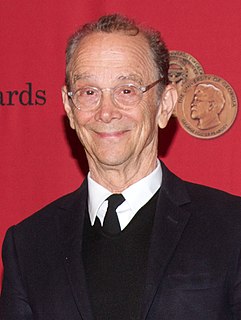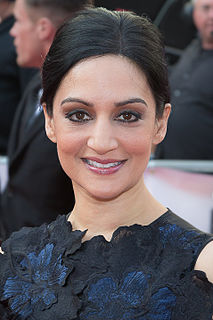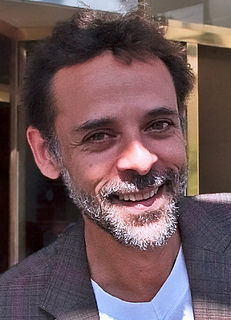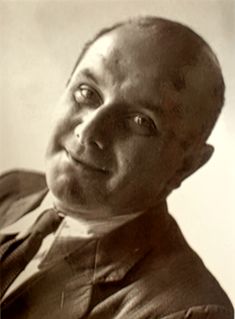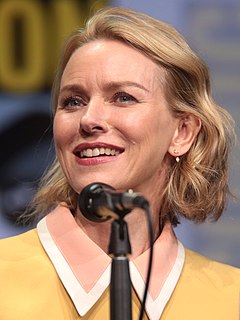A Quote by Joel Grey
I'm enormously sympathetic to talented people who have few roles to choose from.
Quote Topics
Related Quotes
I want to keep working. I want to step away from young adult fiction. I want to do theater periodically - Farragut North reminded me how great it is. I started out in theater. I trained in theater and then I kind of fell into film and TV. I want to work with interesting artists, talented actors, talented directors, and talented scripts. Not necessarily leading roles.
There are times in a person's life when he or she must make a choice to believe. I choose to believe the sun will rise tomorrow. I also choose to believe that if you go to bed hungry you will wake up ready to eat. I've met a group of men in a faraway country who choose to believe that if you stand on a tree stump for an hour you will gain sympathy for trees. I am already quite sympathetic to trees, so I choose to think they are bonkers.
Kant does not think that along with choice of an action we also choose in each case the motive from which we do it. He thinks all is well if I act beneficently, realizing that it is my duty but also having sympathetic feelings for the person I help. But I ought to strive to be the sort of person who would still help even if these feelings were absent. And it is such a case that he presents when the sympathetic friend of humanity finds his sympathetic feelings overclouded by his own sorrows, and still acts beneficently from duty.
I'm still in the middle of the transition. I'm still in man-boy mode. And that won't go away for a while. But it's a fun time to be in, because it's very rare that people get to work through this time. It's rare to see a John Cusack in Say Anything. It's rare that you'd find an actor right in the cusp of the child-to adult transition, just got through puberty, just getting into a different way of life. There's few movies like that, and few roles like that, so it's going to be tough to pick and choose. I guess the goal is good people, work with good people.
